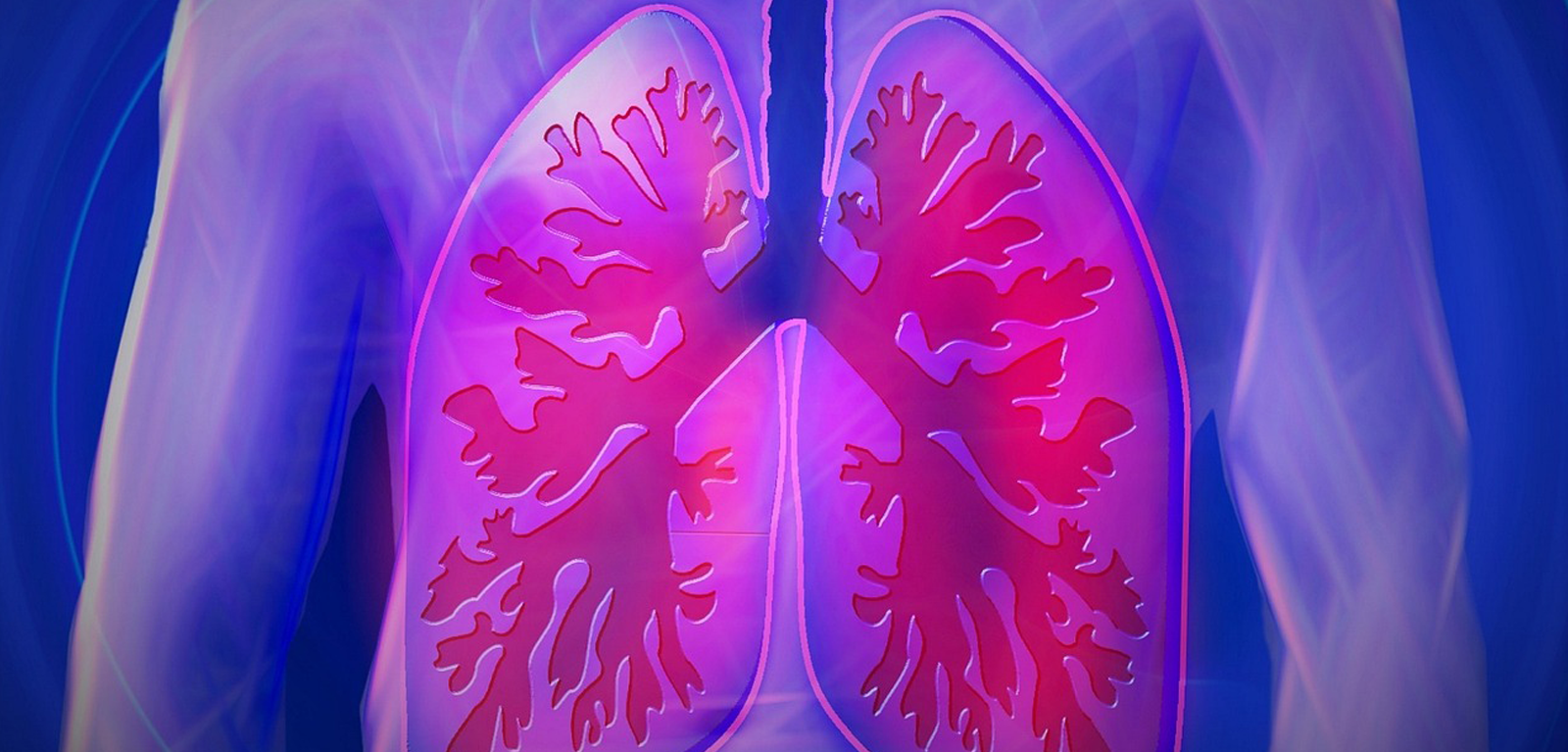Newly identified feature of radiotherapy could improve outcomes for patients with lung cancer
Researchers at Queen’s University Belfast and Patrick G Johnston Centre for Cancer Research (PGJCCR) have discovered a new method that could possibly improve the safety of radiotherapy for patients receiving treatment for lung cancer.

Significant advances in radiotherapy over the past two decades have made side effects less common but many patients can still experience abnormal heart rhythms in the months or years following treatment. This can lead to hospital admissions and the need for additional medications which can negatively impact the quality of life of those recovering from cancer and treatment.
New Research led by Dr Gerard Walls, an Oncologist at the Northern Ireland Cancer Centre (NICC) and PGJCCR, together with Oncology colleagues Professor Gerry Hanna and Dr Jonathan McAleese, has newly identified a region of the heart which appears to be sensitive to radiotherapy. This research, which used information from patients previously treated at NICC, suggests that patients who receive a high dose of radiation to the pulmonary veins are at higher risk of an arrhythmia called atrial fibrillation.

Reducing the radiotherapy dose to this sensitive area of the heart is unavoidable when the tumour is nearby, but thanks to this research, doctors now know to check this feature of a patient’s radiotherapy plan. If the Oncologist is aware the patient is at a higher risk of heart problems later, additional patient education and monitoring could be used.
Dr Walls said, “Radiotherapy is an effective treatment for lung cancer, so we are always looking for ways to make it easier and safer for patients. Our research suggests that we might be able to tell which patients are more likely to have heart problems after their treatment. Although this side effect is not common, knowledge is power for those patients, as they can be educated about what symptoms to look out for, and their Oncologist can also monitor for this side effect.”
Dr Walls collaborated with cardiology doctors, the hospital physics team and radiobiology experts to deliver this research, which has now been published in Radiotherapy & Oncology, the leading European radiotherapy medical journal.
These novel findings still need to be validated in additional research, but show promise for reducing radiotherapy side effects after lung cancer treatment.
This research was funded by the Irish Clinical Academic Training Programme, an all-island training programme for doctors who wish to integrate research into their clinical practice. The programme is funded by the Wellcome Trust (UK), the Health Research Board (Ireland) and the Northern Ireland Research and Development office, amongst other funding bodies.
